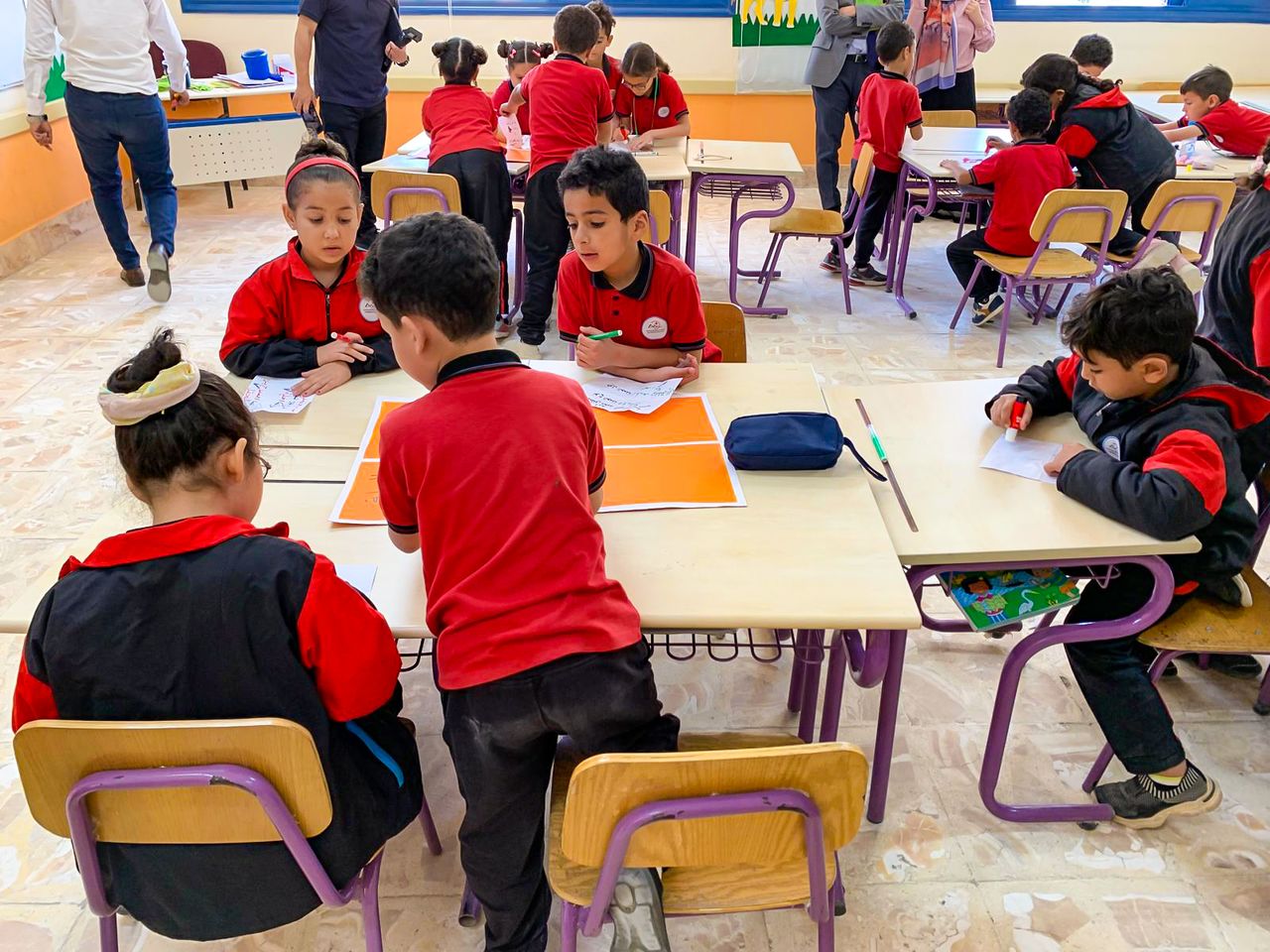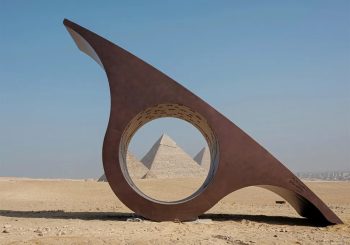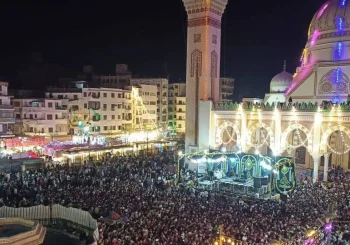A Colourful Generation from OPEN Media Hub. “This production was supported by OPEN Media Hub with funds provided by the European Union”
In 2014, four young art enthusiasts collaborated to launch the first ballet school ‘Alwanat al-Minia’ in Upper Egypt as part of art and culture space in Minia governorate, located about 245 kilometers south of the capital, Cairo.
‘Alwanat’ is the home to the first art, music, theater and dance school outside of Egypt’s renowned cultural hubs; Cairo and Alexandria. The novelty of the quartet’s idea is the decentralization of art.
“We have been deprived of something like this all our lives […] so the idea originated from the concept of deprivation,” Founder Marco Adel chuckles.
Upper Egypt is known for its conservativeness particularly concerning gender roles and gender relations. Adel expresses how he and many others longed for an arts and culture space while growing up. However, no one tried to open up space prior to ‘Alwanat’ because they feared the backlash.
Adel explains that Alwanat tackles the concept of “change through art.” He revealed that inciting societal change does not have to be vocal. “I do not have to tell you to better your behavior, but if you are part of a workshop group where you practice any form of art, this naturally enhances your behavior,” Adel adds.
To familiarize the people of Minya with the concept of art, ‘Alwanat’ started as street art performances. The performance also aimed to challenge the public perception, but the community was not as receptive.
“The thing is that when working with a conservative society in Minya in Upper Egypt, it’s as if I am carving a rock,” says Sarah Maher, Executive Director of ‘Alwanat’.
Despite the society’s initial response, some people were intrigued by the idea. Eventually, people started supporting Alwanat’s vision once they realized that “this is something essential and not just a leisure hobby or something dispensable”.
In just a few years, ‘Alwanat’ grew to become the only host to all the artistic practices in Upper Egypt. The center became a place where children could come and release their energy and share their talents; something that was very foreign to the region.
Furthermore, the children have the opportunity to perform around the world allowing them to share with culture with others while learning about others. “
‘Alwanat’ introduced ballet, that originated in 15th century in Italy and later to France and Russia. Through this European classical art, Alwanat introduces the people of Upper Egypt to an art form that is new to them, making it a cultural exchange hub.
By doing so, ‘Alwanat’ contributes to the exposure of the population living in provincial cities to an art form that is largely limited to the elites of conglomerate cities like Cairo and Alexandria.
Maher emphasizes that “we were educating people that [ballet] has existed about 70 or 80 years ago, but it has completely disappeared and was neglected in all areas, both in clubs or schools.”
Moreover, Adel hopes that the stigma surrounding artists to disappear and for people to take it seriously. This will motivate people to pursue art as a career. “We don’t want them to view art as just a side hobby. No, we want them to be able to make a living off of their art and have a stable career,” he added.
‘Alwanat’ aims to grow more and expand its reach across the governorates of Upper Egypt giving everyone access to art. Although the community has strong customs and traditions, Maher believes that it is also “conscious” of different cultures. “We have generations that we hope will be better than our generations,” she concludes.







Comment (1)
[…] ‘Alwanat Al Minia’ Introduces New Cultures, Traditions Through Art in Upper Egypt […]